Analysis: Impacts of Senior Leadership Management in Higher Education
VerifiedAdded on 2022/12/17
|5
|682
|35
Report
AI Summary
This report analyzes the impacts of senior leadership management in higher education. It begins with an overview of the topic, defining senior leadership management and its importance. The aim and objectives are clearly stated, focusing on understanding the impact on student outcomes, exploring effective leadership types, and identifying challenges. The research questions guide the investigation, covering concepts, effective leadership types, significance, impact on student outcomes, and challenges. The methodology outlines the research philosophy (positivism), approach (deductive), choice (quantitative), data collection methods (primary and secondary), and sampling strategy (probability sampling of 20 students in UK higher education). The report aims to provide a comprehensive understanding of the role of senior leadership management in enhancing educational institutions and improving student success.
1 out of 5
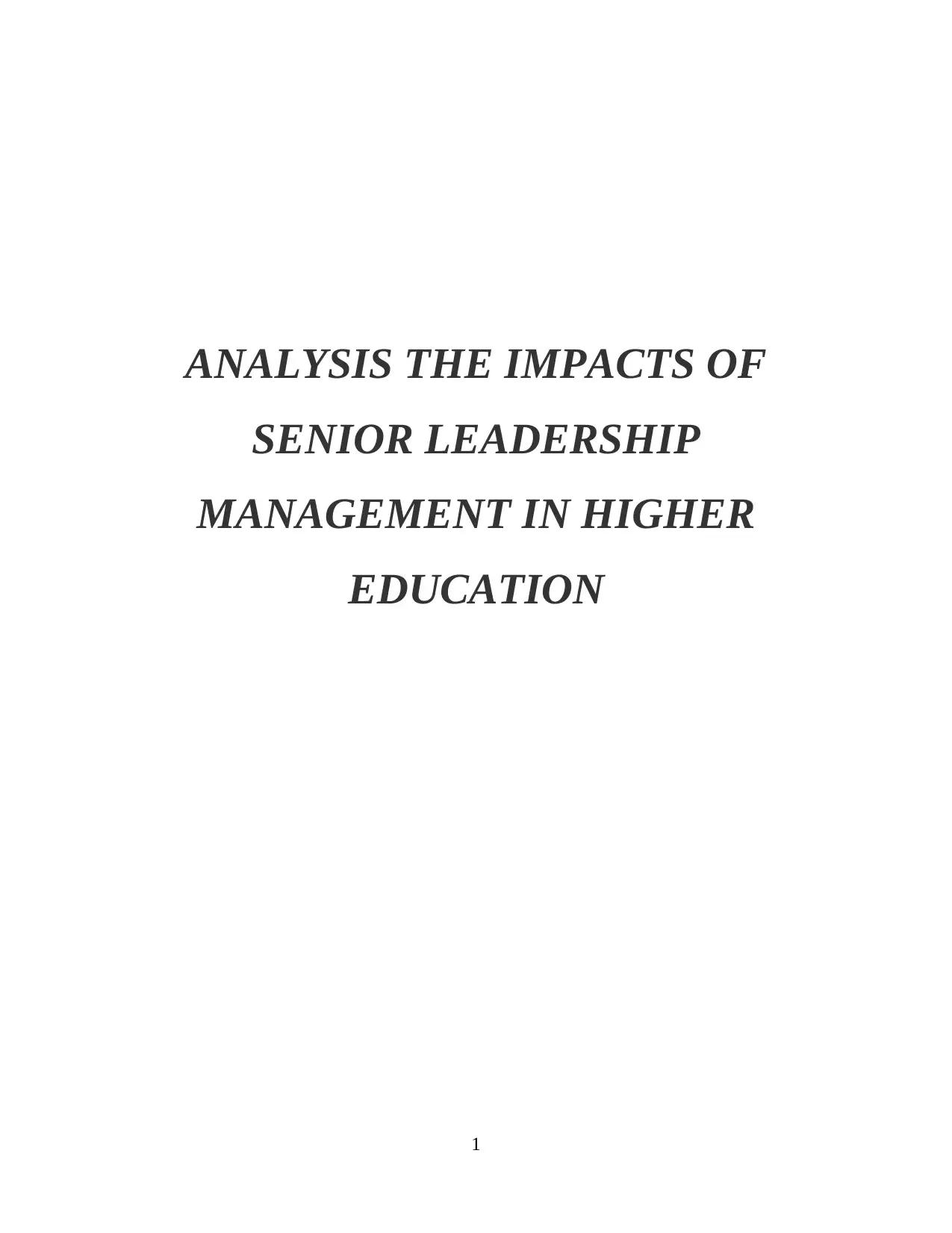
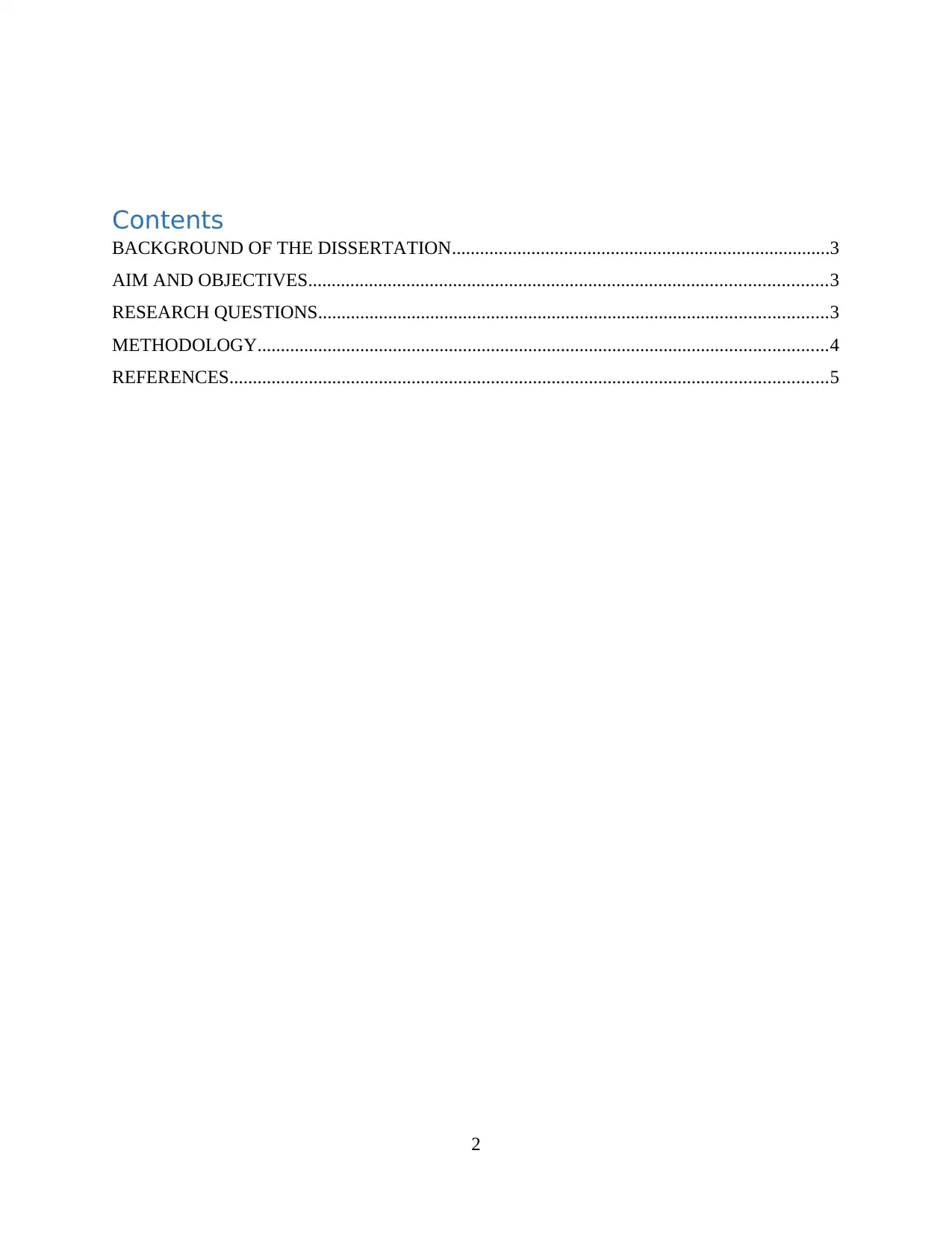
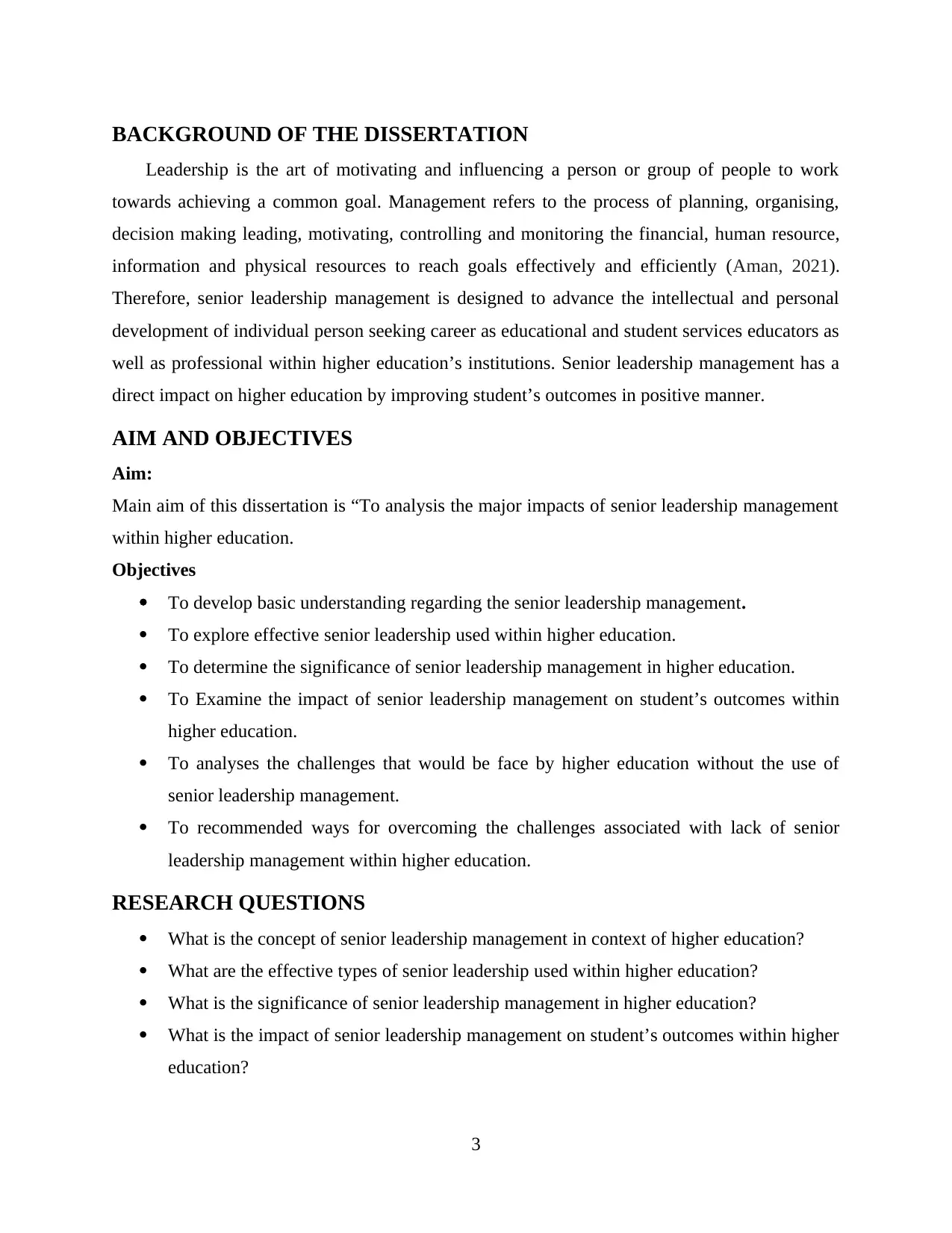

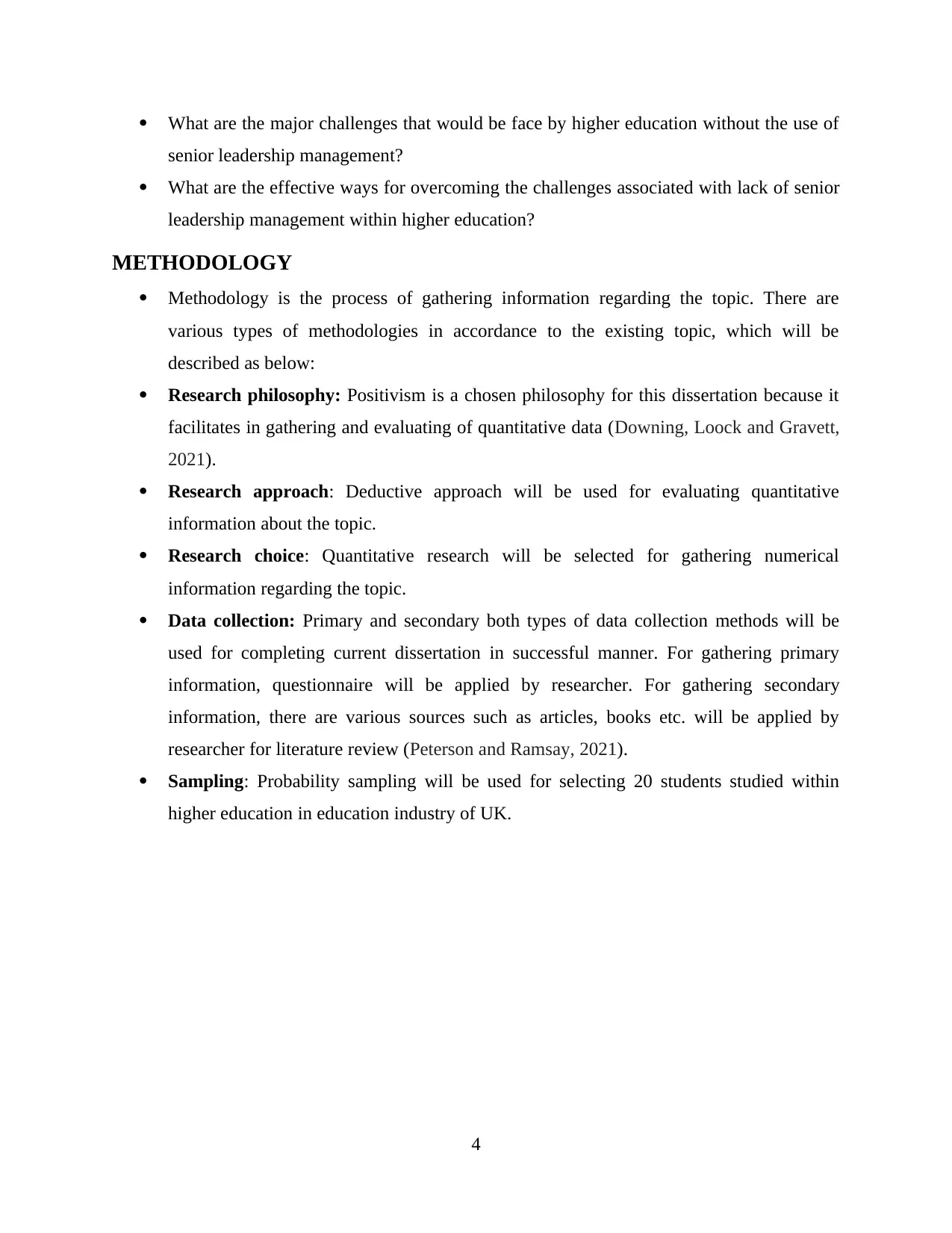
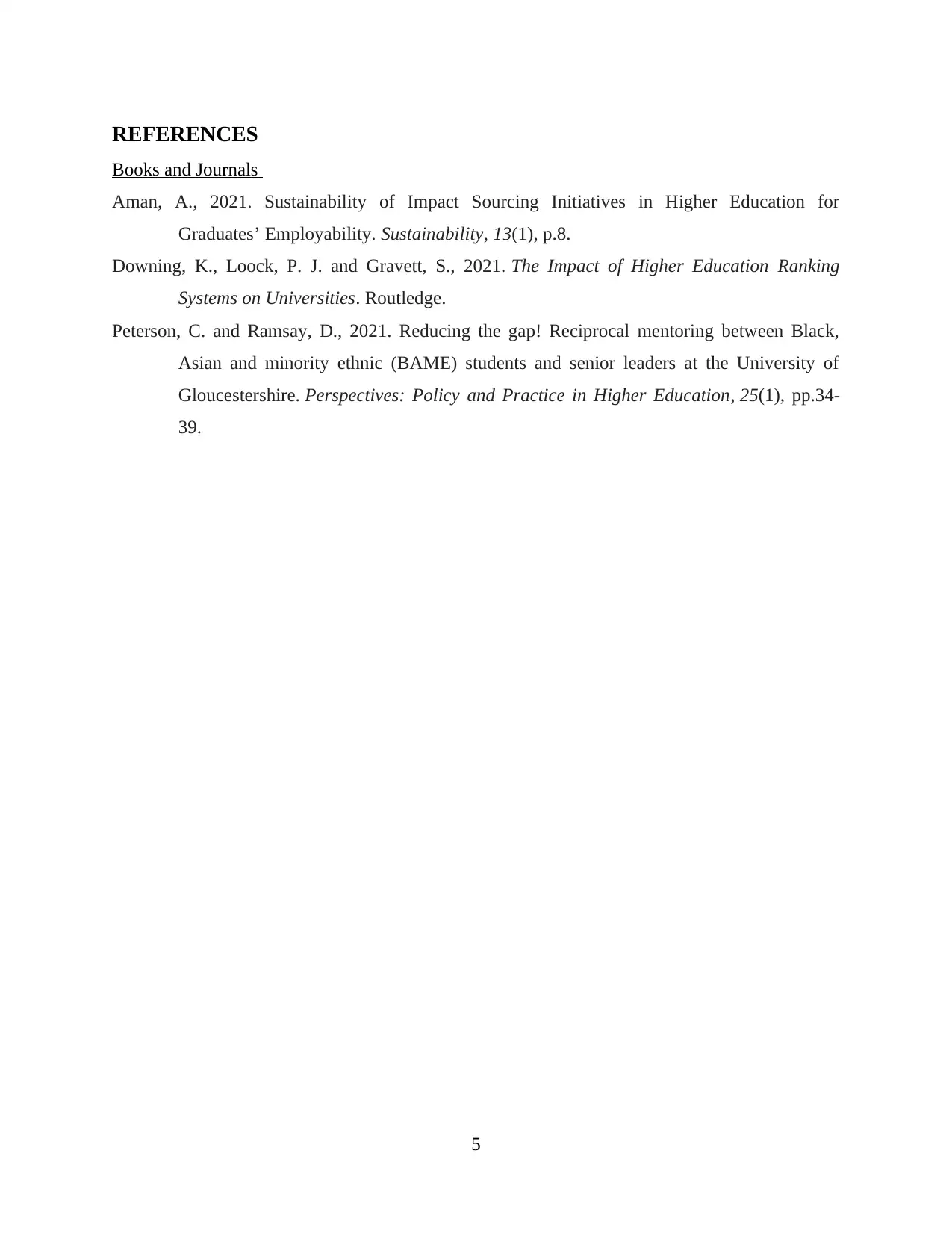






![[object Object]](/_next/static/media/star-bottom.7253800d.svg)